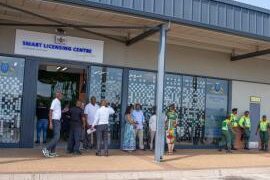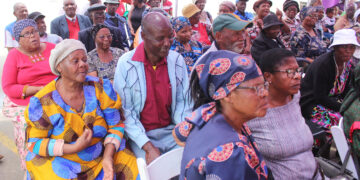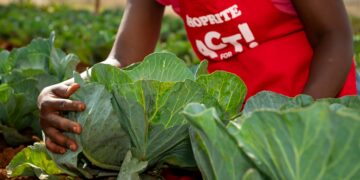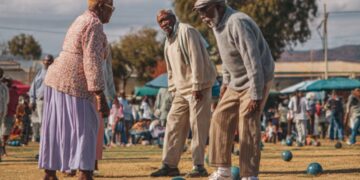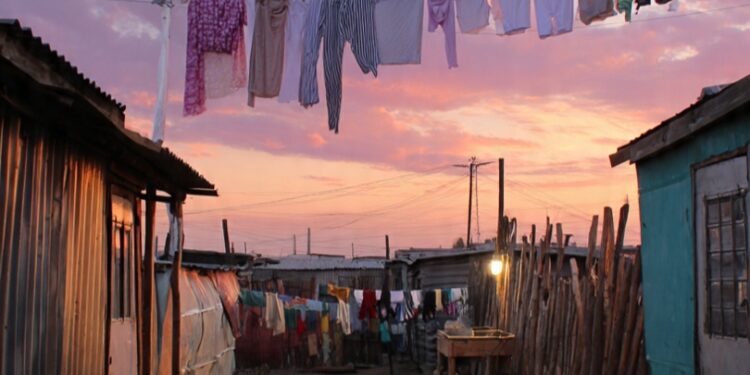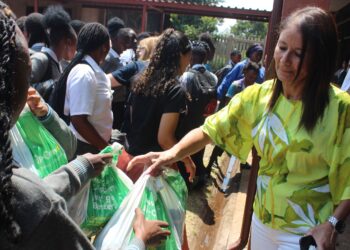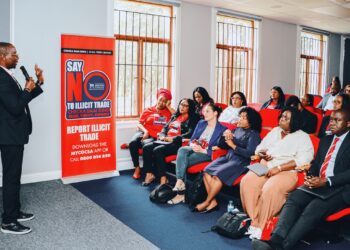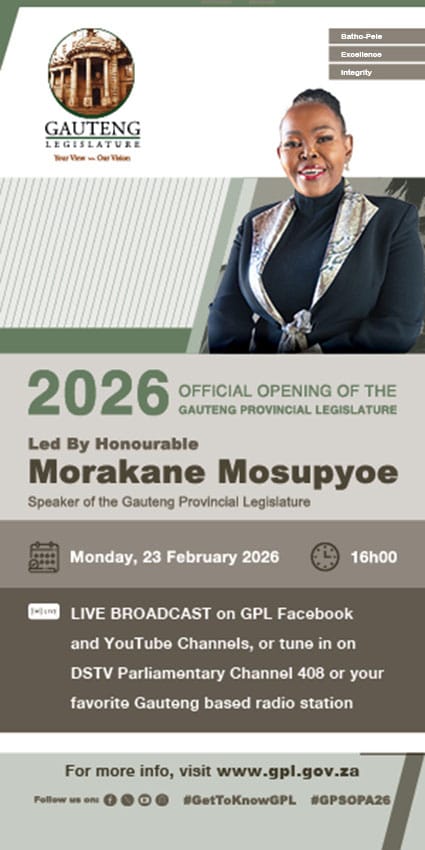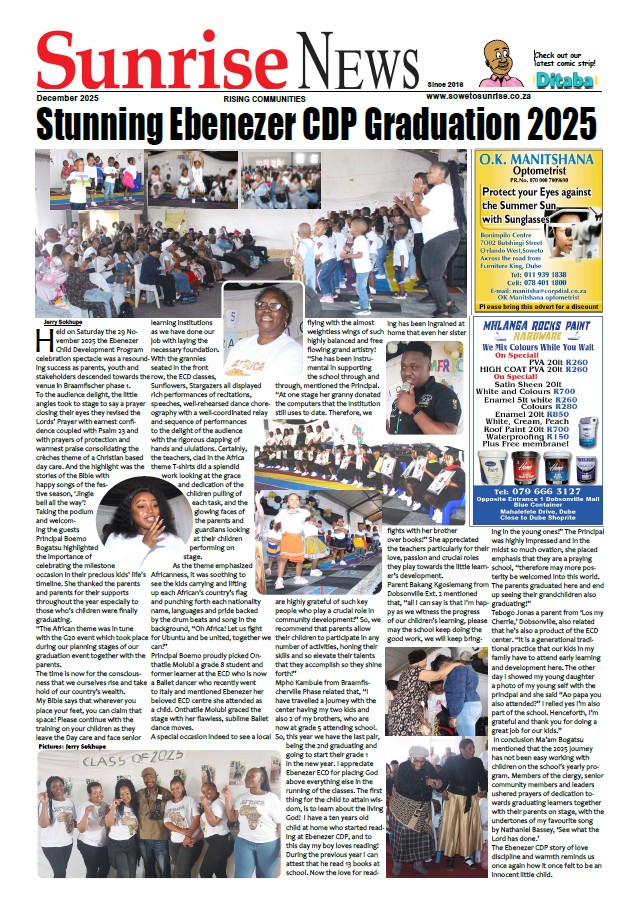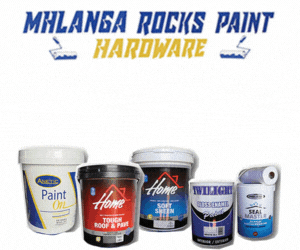At first, we look at the landscape of so many structures that embrace the Gauteng cityscape and reflect on the very heart and soul that is the people who find themselves having to adjust to a life that they either settled for, or forced by circumstances that this uncertain life brings. It is however the story of low income and vulnerable families that try to salvage a living, while some gave life a shot, once successful, enjoying the corporate ladder and employment benefits even people who were once successful in businesses until misfortune hit, where they either had to choose to give up or adjust to a lesser way of living.
It has just rained at dusk, and seeing children paly joyfully and freely, chasing flying insects in the fresh open air, while teens head and kick the synthetic ball. A horse-cart passes by carrying recycling objects swerving about the tiny rain water swamps along the makeshift road. A lady walks farther displaying a fashion statement, holding her designer bag, heading towards her appointment. An old mama carries her large bag on her head whilst holding her grandchild’s hand and carrying another load with another. Behind comes an SUV with the driver carefree of splashing passersby with mud water debris from his big tyres. They jump away with remarks, “Ha ana taba ne!” He doesn’t care! A common sight are men with reflector overalls, going about their business, carrying anything from garden tools to welding machinery.
Seemingly, since the province faces a housing backlog and a slowly growing economy, resulting in a mass lack of jobs, many have become accustomed to informal communities where the daily expenses are much bearable although still basic. One may erect a structure using new or used galvanized steel without worrying what your neighbor is going to say. And the latter are structures that are not so congested, with more yard space, there can be no danger posed from the neighbors’ incidents or mishaps as has been tragic eventualities in the past.
Although municipal administrations do not condone an influx of these settlements, the City makes provision to supply water and ablution services, making life bearable for dwellers. It is only refuge waste that is dumped in the open that becomes a health hazard. Looking particularly at Slovoville informal settlement that has been registered with the housing department, and unit numbers allocated for residents through the municipal office. Some of the community leaders with political affiliations take credit to having pleaded for the basic services on behalf of the dwellers by engaging the City of Joburg towards such interventions.
It is interesting to note that electricity supply or the lack thereof is complemented by the use of gas as an alternative power source. Although the refilling of gas cylinders and usage depends on the size of one’s family, it is however appreciable that it helps with daily needs such as cooking, bathing, a refrigerator for keeping essential foods. Safety becomes a priority in this regard. It also benefits local entrepreneurs responsible for safely refilling gas cylinders. There’s also a mobile gas refilling service where the expert provider comes conveniently to one’s home to service at an adjusted price of course.
All the more sophisticated are the installation of solar power, with panels visible on top of mkhukhu homes. Depending on the voltage requirement, each household the entry level remains affordable, some companies offer installment purchases. Some of the basic and personal items such as phones are conveniently recharged, affording people to thrive even out of the unconventional. The stronger the power the more amenities that each household enjoys.
And the communities that don’t have running water installed yet as in some registered communities, the source of water remains at the heart of boreholes. And trucks that fill up the communal ‘Jojo’ water storage tanks play a crucial role in supplying the basic necessity. Seeing individuals jostling to queue up at a communal tank that is part of the street landscape carrying large containers on their wheelbarrows to fill up jerrycans popularly called izighubu. First come first served goes the chore that youngsters, mama’s some carrying babies on the back and uncles proudly enjoy exercising.
Politics always play a role in these thriving citizens of the country, as many issues remain unresolved. But hope is always the driver as some are skeptical to build solid brick rooms because of the titles, and ownership issues, while some hope that the government will build them RDP home structures. Recently, MMC for Housing in Gauteng announced that they his department is burdened to deliver services adequately to registered communities because unregistered foreign dwellers inflate the numbers.
MMC Mabaso further mentioned that his department is working hard to reduce the country’s housing backlog as has been the case where he converted, formalized and electrified a number of informal settlements to receive prompt services. In some instances, serviced stands were allocated to those with the lower income who cannot afford a housing bond. Furthermore, he bemoaned the fact that a lot of people lived for many years in township backrooms, an issue that negatively affects one’s dignity! So many people have found relief in occupying informal settlements and embraced the challenges therein. Some say it’s a great relief to no longer pay umastende (landlords). Kuki Motsei, not her real name mentioned that, “I have suffered ill-treatment, verbal abuse and disrespect for many years from my landlord, but I just kept quiet and lived with the shame because I had nowhere to go.”
The dwellers are closely united, finding ways to navigate challenges they anticipate. Where crime ridden streets, with prevalent housebreakings, robberies, assault cases including homicide. Key to such are formulated street patrol groups that guard the neighborhoods especially during the wee hours of the night, with measurable success to apprehending the said criminals and recovering lost goods. The traditional whistle been blown by victims effectively draws attention and alerts community members of an attack. Furthermore, it also draws residents to assemble for urgent matters that require immediate attention.
But there is hope as there is police visibility in communities where vehicles patrol and SAPS also works together with community leaders in reporting most cases and challenges that the people experience thus maintaining law and order. A shared community WhatsApp group amongst residents has proven to be very effective keeping people informed of the various alerts involving them at a convenience of their personal devices, important announcements, matters arising such as lost and found missing persons or robberies, serial community offenders, etc.
Jerry Sokhupe
Soweto Sunrise News



